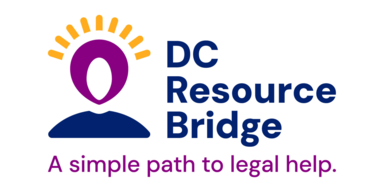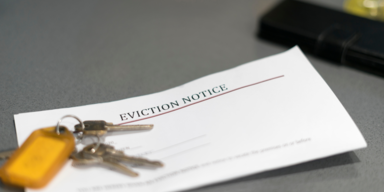
As Domestic Violence Awareness Month comes to a close, Legal Aid continues our discussion of “coercive control” – an often unseen, but critical, aspect in many domestic violence cases. Specifically, abusers may exploit external forms of oppression – such as racism, homophobia, patriarchal norms, and xenophobia – to assert and maintain control over victims. These forces contribute to the vast under-reporting of domestic violence in the LGBT community, communities of color, and immigrant communities.
In same sex relationships, abuse takes place within the context of a homophobic society, which permits certain abusers to control their victim by using the threat of “outing” them. Victims in same sex relationships may fear reporting abuse due to possible negative reactions from law enforcement, service providers, and family members. Those who are gender-nonconforming face added stigma as well as discrimination in areas including employment and housing, making them particularly vulnerable.
Victims from communities of color, who confront institutionalized racism from the justice system, may fear calling the police or otherwise using the courts to seek redress. Amidst the backdrop of police violence against women of color and unfair arrests of women of color, female victims may fear that police will treat them unfairly or, even worse, believe the abuser when the police arrive.
As we have noted before, immigrant victims may hesitate to report abuse because of fear of deportation or loss of legal status. In certain cultures, entrenched gender roles discourage abused women from ending violent relationships or even validate violence against women.
Legal Aid’s Domestic Violence/Family Law Unit represents low-income domestic violence and sexual assault survivors. We are proud to serve a client population that represents several minority communities. We recognize the myriad of ways that victims from minority groups face additional obstacles from reporting abuse. In addition, we believe that it is important for these survivors to have legal counsel as they endeavor to convey their personal and unique experience in court.
Get Help 24/7 from the National Sexual Violence Hotline at 1-800-656-4673**




